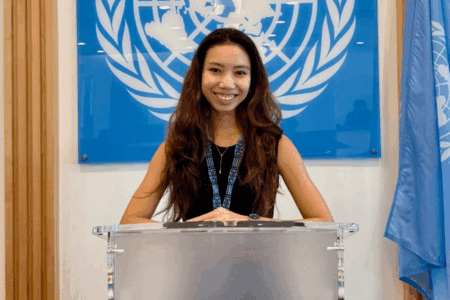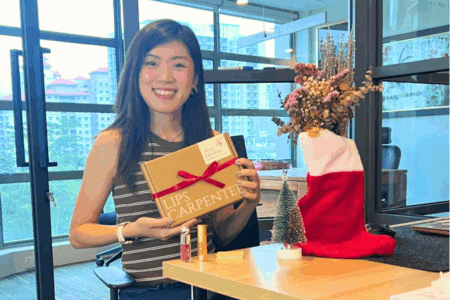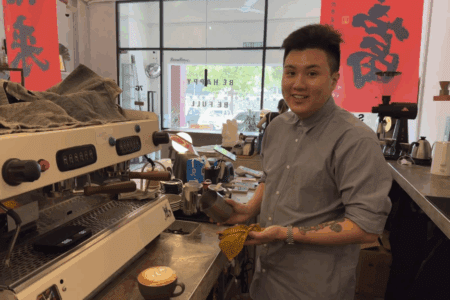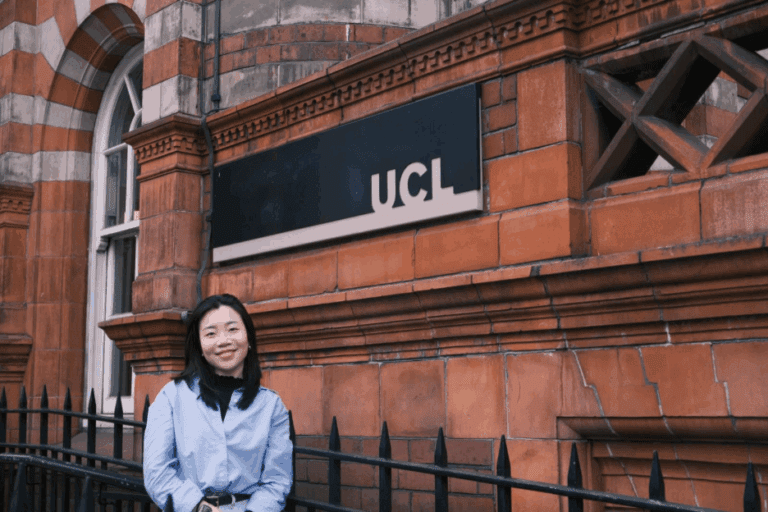
Armed with a Bachelor of Business Administration from Universiti Malaya, one of Malaysia’s top institutions, Luannie Ng secured what many would consider a dream consultancy career at Accenture—a global consulting powerhouse, where competitive packages can reach well into five figures for top performers. Four years into climbing the corporate ladder at one of the most coveted firms in the industry, she made a decision that put all that on pause.
Ng is now pursuing her Master’s of Science in Sustainable Resources: Economics, Policy and Transitions at University College London.
How she managed to do it as a mid-career professional in consultancy? At a stage in life when most of us are too drained after work to do much more than doomscroll online and binge Netflix shows, Ng accomplished what seems nearly impossible: gaining acceptance to one of the world’s elite universities and landing the holy grail for international students—a full scholarship.
How do you afford a master’s degree in the UK?
The tuition fees for Ng’s programme is £19,300 for UK students and £34,400 for overseas students. That’s approximately US$25,330 and US$45,147 respectively at the time of writing. Pretty high for someone coming from a country where the median monthly household income is between RM13,296 and RM13,985 (approximately US$3,214 to US$3,380 at the time of writing. The average Malaysian would need to save 13 months’ salary to afford the MSc’s tuition alone, not counting the US$1,395 needed for monthly living costs, excluding rent.
Although a well-paid consultant, these figures would have been big barriers preventing her from going to UCL. Enabling Ng to surmount these study abroad is a scholarship by the Public Service Department of Malaysia. It can be considered as a partial scholarship, as there is still some payback required, depending on how well the student performs by the end of their studies.
Ng described the process of applying for the programme as “relatively straightforward.” Most importantly, the applicant needs to have a bachelor’s degree. Other criteria include choosing a subject that aligns with the government’s current priorities.
“I’d advise someone who wants to apply to really read through the kind of requirements and qualifications,” she says. “For example, this sponsorship, somehow there is an age requirement. It’s only for people below 30 years old.”
After a round of filtering, Ng was called for an interview, and the rest was history.

Before starting her consultancy career, Ng had obtained a Bachelor of Business Administration (B.B.A.), Finance. Source: Luannie Ng
The point of a master’s degree
In any case, making the decision to go back to school isn’t an easy one. There are many reasons why many reasons in their 30s don’t want to do so even if they had a scholarship to pay for everything. Some have families to raise, others believe it’s just not worth the effort. S
So, why did Luannie want to pursue her master’s?
For her, it wasn’t so much about getting a promotion, but to really deepen her understanding of the sustainable resources field.
Plus, it was about broadening her world view — which is why she specifically chose to study in another country.
“Getting a degree or master’s probably doesn’t help much in the field of study, but for me, I think I’ve always wanted to go study somewhere else that’s very different from where I come from,” she says. “I’ve been a product of Malaysia’s education system since primary school, to secondary and higher education as well.”
With that, she always dreamt of pursuing something different. In that sense, she always knew she would earn a master’s. The question was just when — as well as what.
“I wasn’t very sure what I wanted to do until things became a bit clearer to me throughout my third year of working,” she says.
But beyond her consultancy career, it was also Ng’s startup that further illustrated to her what to pursue for her master’s.
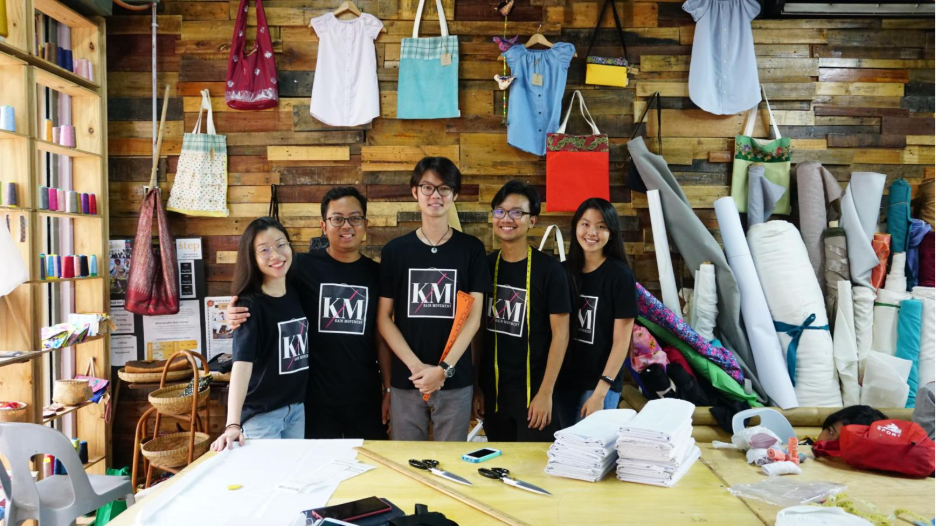
KainKoncept was active until November 2023. Source: Luannie Ng
Honing her mastery
While working in consultancy at Accenture, Ng decided to launch KainKoncept, a small-scale social enterprise where they upcycle fabrics while working with financially underprivileged women with skills and interests in sewing.
“I think for a good five years I was doing both things. Working during the day, running my business at night,” she says.
The business was born out of a programme called the Youth Leadership Academy, backed by McKinsey & Company, a consultancy firm. While KainKoncept was developed and established through that, it was further expounded upon after some years, when Ng’s co-founder reached out and asked if she wanted to pick things up again.
But running a start up is hard. The failure rate ranges between 50% and 95% in developing countries such as Malaysia, according to a research paper by Universiti Sains Malaysia.
While they were able to sustain the business, it wasn’t the most sustainable for them as full-time employees in a firm.
At the same time, Ng’s business partner decided to go back to his home country to help with his family business. With both being quite burnt out as entrepreneurs, they decided to pause the startup.
With KainKoncept put on hold, Ng felt it was the right time to pursue her master’s. She believes that there is still so much more she can learn about closing the loop, going beyond just environmental impact but also social and economic sustainability.
“That clarity gave me the courage to finally pursue something that’s long been close to my heart: a master’s degree in the circular economy field,” she says.

Ng will complete her Master’s in September 2026. Source: Luannie Ng
Why not an MBA?
With her entrepreneurial chops, one might wonder why Ng didn’t pursue a Master of Business Administration (MBA) instead. Such a degree would have armed her with more strategic expertise and financial acumen to improve the missteps of her initial startup venture.
Beyond her own interest in sustainability, this master’s degree also supports her work as a consultant.
“I’m [heading] towards the point where instead of being a generalist where I work, I probably want to focus on something that I can carve up a niche for myself,” she says.
This is a pragmatic approach, especially since the future of KainKoncept is still unclear.
“Until we figure out a good way to run it or a good way to pivot the business model, I think probably we won’t continue it, because the nature of the business itself is very labour-intensive. It’s not appealing to a lot of investors as well because the scalability is limited,” Ng explains.
“If you ask me if I want to continue with KainKoncept, I think there are certain hopes that maybe one day we could, but probably it needs to have a revamp in terms of how we run these things.”








